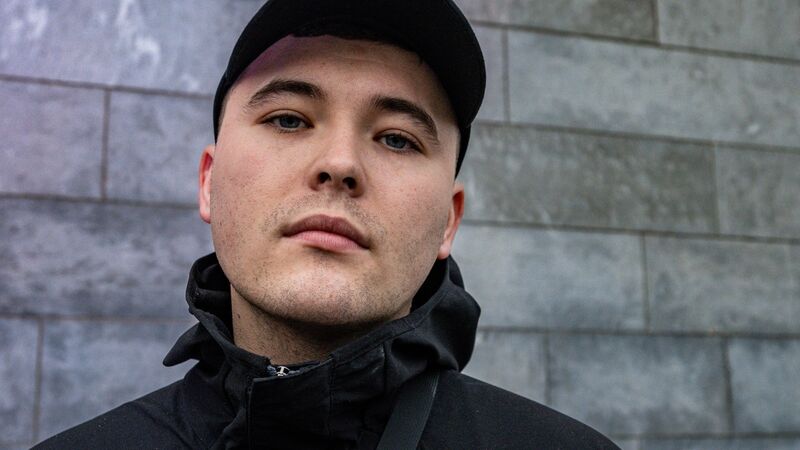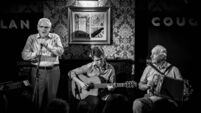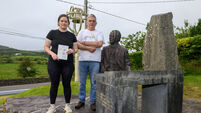Kneecap star to deny terror charge, saying: 'We are on the right side of history'

Liam Óg Ó hAnnaidh, also known as Mo Chara, will appear at Westminster Magistrates’ Court in London on Wednesday. The Kneecap star will be represented by a formidable legal team including Gareth Peirce, who defended the Birmingham Six and the Guildford Four. Picture: Chani Anderson
Kneecap’s Liam Óg Ó hAnnaidh will plead not guilty on Wednesday to a terror charge brought by the UK authorities over the alleged display of a flag in support of Hezbollah at a concert.
The 27-year-old hip-hop star, who uses the stage name Mo Chara, was charged under the UK’s Terrorism Act last month over the alleged incident.













